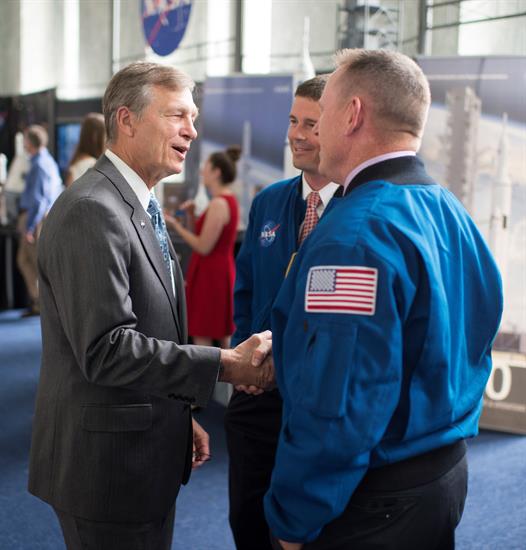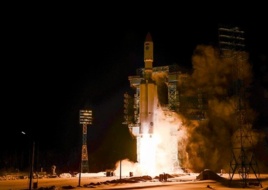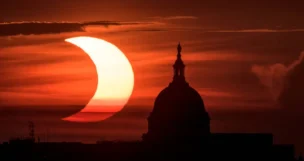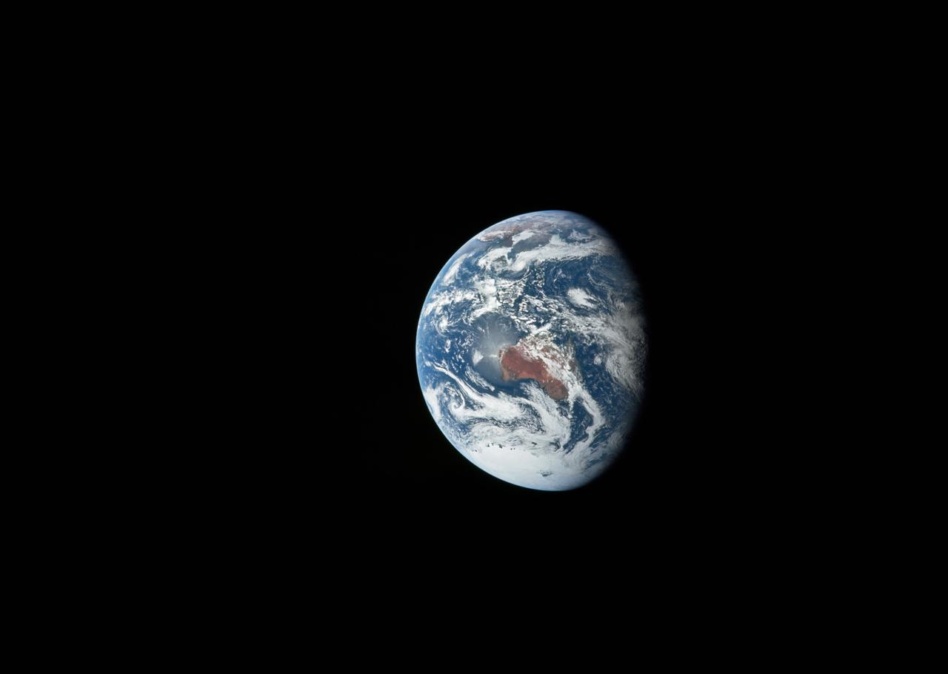The SLS rocket represents America’s best chance to beat China back to the Moon, the chairman of the House Science, Space, and Technology committee told Payload.
The start of the Trump administration has brought a fresh round of criticism to the long-delayed Boeing-built rocket that has ballooned in cost over the lifetime of the program. Despite that, Rep. Brian Babin (R-TX) said the rocket—which supports jobs in 44 states—is a must-have for American leadership and national security.
“There’s no other way we’re going to get back to the surface of the Moon before the Chinese without the SLS. It’s not going to happen,” he said.
Turning commercial: Some commercial space supporters have suggested that SpaceX’s Starship, which flew its seventh test mission in January, could take over the SLS mission at a fraction of the price. While Babin said private heavy lift rockets like Starship could certainly play a role in future deep space exploration, he’s not buying that they’ll be ready to go in time for the crewed return to the Moon’s surface in 2027 on Artemis III.
“Will that be ready to go in time to be the next humans to land on the surface of the Moon ahead of the Red Chinese? No, I just don’t think so,” he said. “I think SLS will be the way that we get there.”
Moonward bound: Babin also weighed in on the debate about whether NASA should keep its focus on the Moon as a stepping stone—or whether the space agency should broad jump straight to Mars. Though Trump has previously questioned the plan to return to the Moon, and his close advisor Elon Musk has a singular focus on Mars, Babin pointed out that it was actually Trump’s first Space Policy Directive during his first presidential term that codified the return to the Moon.
“If we skip the Moon, we’re making a very serious mistake. We’re not only violating SPD 1 but we’re also going to endanger our national security because a sustained presence on the surface of the Moon is critical for the mining of rare Earth elements, for water, for He-3. There’s a lot of things we can do up there on the surface of the Moon, and whoever gets there first is going to establish the rules of the road. And we want that to be the US.”
Top priorities: Babin, who was previously ranking member of the Science, Space, and Technology Committee’s space subcommittee, has a long to-do list now that he’s wielding the gavel, including:
- Passing a NASA authorization bill and commercial space act, both of which were previously introduced in the last Congress but failed to cross the finish line
- Providing oversight of NASA programs, including Artemis, the future of LEO post-ISS, and the science portfolio
- Cutting regulations to ensure the private sector can innovate and thrive—”We don’t want to be tethered to Earth by red tape.”
- Monitoring the FAA’s revision of its Part 450 licensing process, something he and Ranking Member Rep. Zoe Lofgren (D-CA) asked the GAO to study in a recent letter
Open questions: Despite being chairman of the committee, Babin has some of the same questions as the rest of the space community.
“Are we going to see the National Space Council set up again?…I do not know,” he said. “We’re seeing about setting up a meeting with [Vice President] JD Vance right now to see if we can get some guidance [because] the House, the Senate and the administration all have to be on the same page, moving forward in the same direction.”





